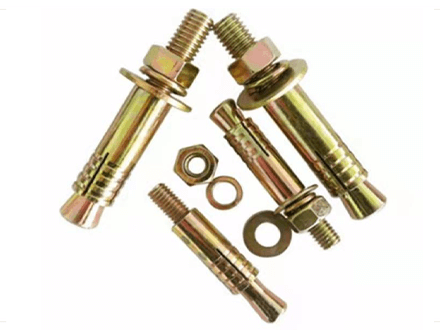 Service Hotline
Service Hotline
There is an extensive array of mechanical fasteners available. However, it is important that you choose the right one for your application. Choosing the right fastener is not only important for productivity purposes. It is also crucial for the safety of the process and the plant workers. Let’s look at how to choose the right fastener at all times.
Know the Application
The types of fasteners you use will always depend on the requirements of your application. You have to consider if your fastener will fit. The design of the fastener can be vital in knowing the amount of torque it can take. You may need a very long flange bolt to hold several components of your parts.
Also, you need to consider leaving some threads of the fastener out. This is to ensure the safety of the material and personnel. Sometimes, you may find more than one type of fastener working. In that case, you need to seek the experience of experts to decide the right one for the work.
Select the Right Thread
Thread selection is another important factor when choosing a fastener. Threads are crucial parts of an application. They may be fine (UNF), coarse (UNC), or eight-thread.
Coarse threads ensure the quicker assembly of components. On the other hand, fine threads may take longer to assemble. This is due to the number of revolutions they need to travel the distance.
The advantage of fine over coarse threads is that they offer better thread engagement. They also ensure a more secure connection for accommodating greater tension in the connection. Regardless of your option, either can be very beneficial. All you need to do is choose the thread to offer the best load-handling capabilities.

Consider the Materials of Construction
Several different materials are used in making mechanical fasteners. The most used material is carbon steel. This is due to its wide range of strength and workability properties. Other materials include alloy steel and stainless steel. Alloy steel bolts don’t usually come plated.
They are very strong but quite brittle. On the other hand, stainless steel can have specific properties for special use. They are perfect in high moisture areas, e.g., water plants. They are also good for use in areas where there may be chemical exposure. Bronze, brass, and aluminum are also used occasionally. They are highly corrosion resistant.
The best types of fasteners come with hard materials to eliminate the danger of thread stripping or galling. Pressure may build up between thread surfaces in contact. This increases friction and may cause the fusion or seizing of the fastener.